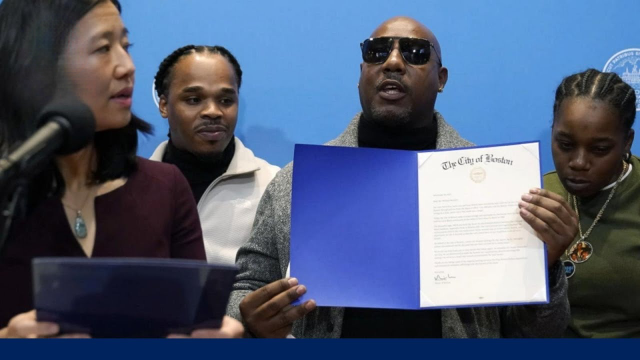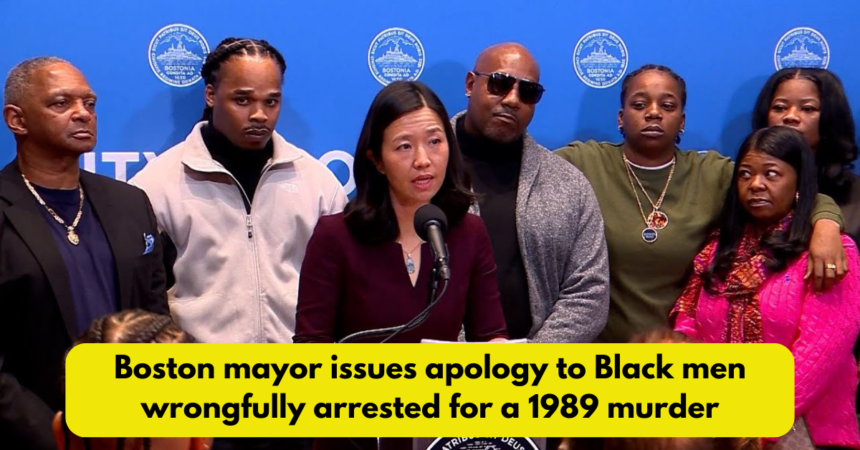In a public gesture of remorse, Boston’s Mayor Michelle Wu extended a heartfelt apology to two black men who had been erroneously arrested in connection with the tragic murder of a pregnant white woman. “I am profoundly sorry for the enduring hardships you’ve faced,” she conveyed, empathizing with the lingering pain they had borne over the years. The wrongful apprehension of Alan Swanson and Willie Bennett in 1989 for the alleged murder of Carol Deatti Stewart became a catalyst for deep-seated mistrust between the city’s police force and its black community, a narrative that unfolded dramatically in an HBO documentary series.
Mayor Wu took decisive action, directing the police commissioner to adopt an exceptionally aggressive approach in rectifying the injustice. Delving into the historical context, she reflected on the pervasive fear that gripped black men in Boston during that tumultuous era. Stewart’s husband had, in a false narrative, cast blame on a black man for the crime, amplifying unease within the black community. Mayor Wu’s apology extended beyond the immediate abuse inflicted by the city, encompassing an acknowledgment of the underlying beliefs and biases that perpetuated such injustices.

The aftermath of the wrongful arrest underscored the generational trauma experienced, with the victims’ family vocalizing the depths of their anguish. Despite the intricacies surrounding the case, Mayor Wu assumed responsibility, demonstrating a keen awareness of the courage required to admit wrongdoing and actively seek reconciliation. The acceptance of her apology resonated among those who had endured, signifying a tentative step toward healing and reconciliation amidst the complexities of past injustices.

